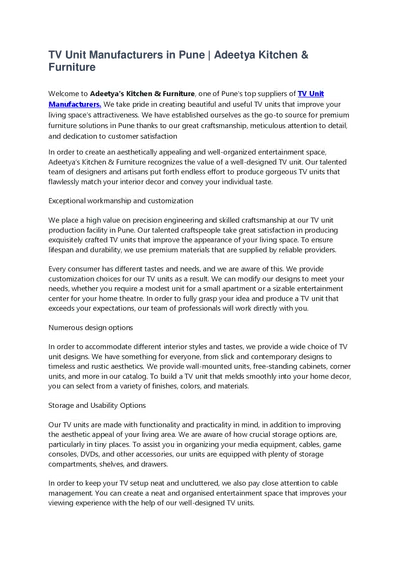PDF-Archives of Ontario, Recordkeeping Support Unit Page 1 of 5 Ministry
Author : jane-oiler | Published Date : 2015-11-19
Archives of Ontario Recordkeeping Fact Sheet finished using it Over the course ofwork activities For some records it
Presentation Embed Code
Download Presentation
Download Presentation The PPT/PDF document "Archives of Ontario, Recordkeeping Suppo..." is the property of its rightful owner. Permission is granted to download and print the materials on this website for personal, non-commercial use only, and to display it on your personal computer provided you do not modify the materials and that you retain all copyright notices contained in the materials. By downloading content from our website, you accept the terms of this agreement.
Archives of Ontario, Recordkeeping Support Unit Page 1 of 5 Ministry: Transcript
Download Rules Of Document
"Archives of Ontario, Recordkeeping Support Unit Page 1 of 5 Ministry"The content belongs to its owner. You may download and print it for personal use, without modification, and keep all copyright notices. By downloading, you agree to these terms.
Related Documents














